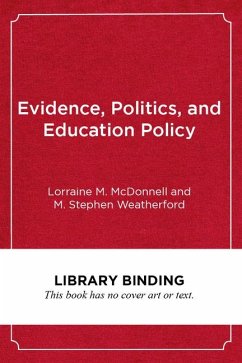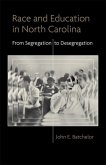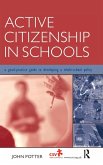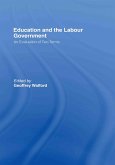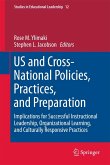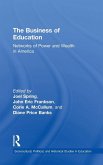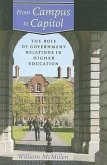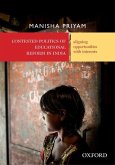In Evidence, Politics, and Education Policy, Lorraine M. McDonnell and M. Stephen Weatherford provide an original analysis of evidence use in education policymaking to help scholars and advocates shape policy more effectively. Two key case studies inform the book's findings. The primary case--a major, multimethod study--examines evidence use in the development and early implementation of the Common Core State Standards at the national level and in four states: California, Indiana, Massachusetts, and Tennessee. A comparative case analyzes the evidence used in Congressional hearings over the twenty-year history of the Children's Health Insurance Program. Together, the two cases illustrate the conditions under which different types of evidence are used and, in particular, how federalism, the complexity of the policy problem, and the policy's maturity shape evidence use. "This book is not just a must-read, but a must-use for any researcher studying or entering into the world of public policymaking. Theoretically driven, empirically compelling, and wise, it is a ten-year tour de force that captures the interplay of participants, incentives, and evidence, and shows how research ideas, facts, and findings can matter." --Felice J. Levine, executive director, American Educational Research Association "Here, finally, is a definitive examination of evidence strategically applied to politics. The brilliantly developed test case is in education, but the theoretical reach is broader. This is an essential read for any case where politics, policy, and evidence are in the mix." --Kenneth Prewitt, Carnegie Professor of Public Affairs and special advisor to the president, Columbia University School of International and Public Affairs Lorraine M. McDonnell is professor emerita of political science at the University of California, Santa Barbara, and past president of the American Educational Research Association. M. Stephen Weatherford is professor emeritus of political science and former chair of the Political Science Department at the University of California, Santa Barbara.
Hinweis: Dieser Artikel kann nur an eine deutsche Lieferadresse ausgeliefert werden.
Hinweis: Dieser Artikel kann nur an eine deutsche Lieferadresse ausgeliefert werden.

